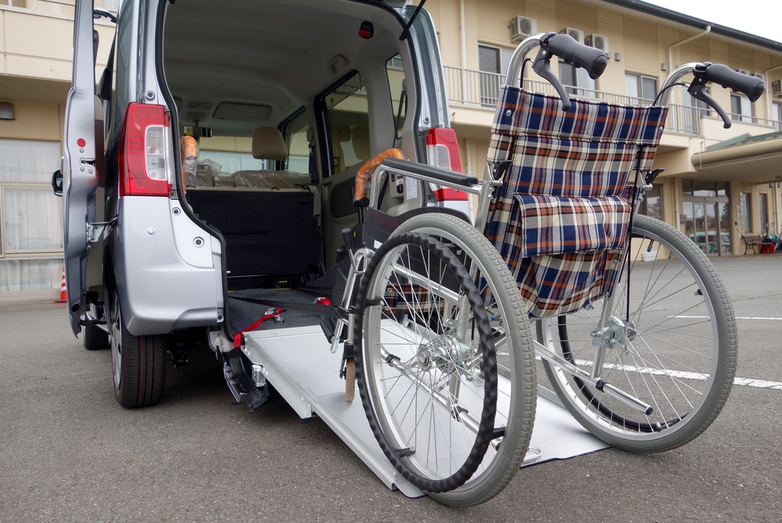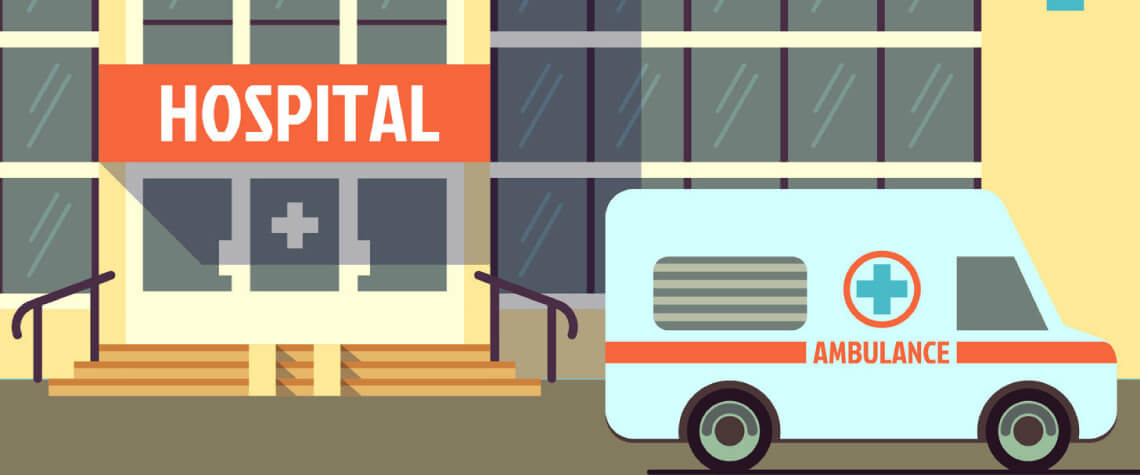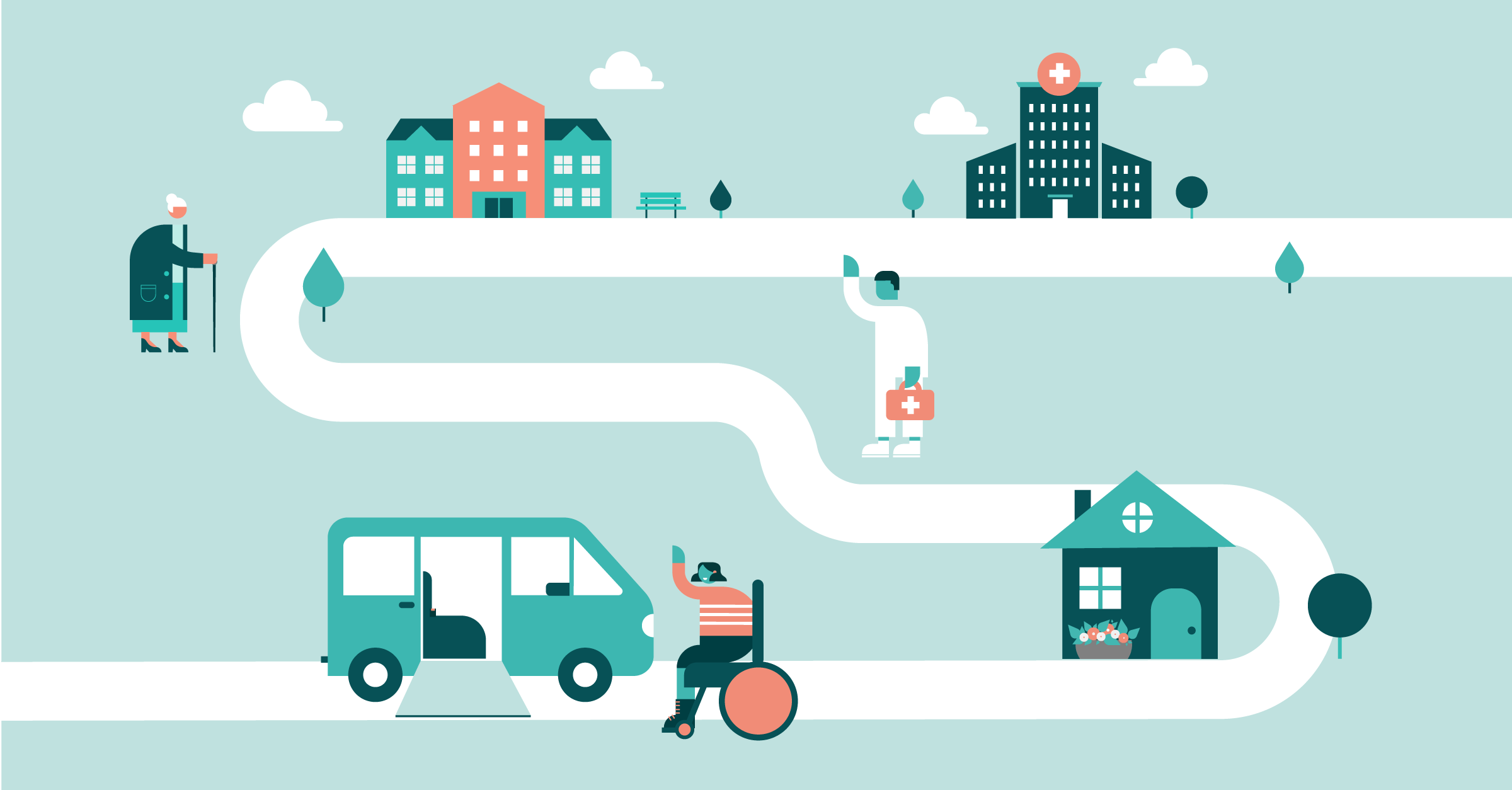Convenient Medical Transportation Options for Your Demands
Cost Effective and Accessible Medical Transportation Options for every single Situation
In the world of health care, the capability to access clinical services is vital, yet the obstacle of cost effective and easily accessible transport can usually prevent individuals from receiving essential treatment. By discovering specialized medical transport services, neighborhood transport programs, ride-sharing and taxi solutions, non-emergency medical transport, as well as public transit and paratransit options, individuals can find opportunities that provide to their details needs and ensure they receive the treatment they need.
Specialized Medical Transport Solutions
Specialized medical transport services play a vital function in making sure secure and reliable transport for individuals requiring specialized care during transit. These solutions accommodate people with one-of-a-kind medical demands, such as those needing continuous surveillance, specific devices, or clinical treatments throughout transportation. By using particularly complete cars and skilled clinical workers, specialized clinical transport services guarantee that patients receive the essential care while being delivered in between health care centers, homes, or other areas.
One key facet of specific clinical transport solutions is the emphasis on individual comfort and safety and security. Medical transport groups are trained to take care of different medical conditions and emergency situations that may emerge throughout transit, offering a higher degree of treatment than standard transport choices. In addition, these solutions typically supply door-to-door help, minimizing the anxiety and pain that patients may experience throughout transfers.
Community Transportation Programs
Having dealt with the important function of customized medical transportation services in making sure secure and efficient transportation for people with distinct clinical needs, the focus currently shifts to taking a look at Area Transport Programs - medical transportation. These programs play a crucial function in supplying budget-friendly and available transportation services for the basic populace, consisting of senior citizens, individuals with handicaps, and low-income families who may deal with obstacles in accessing typical transportation alternatives
Area Transportation Programs include an array of services such as fixed-route buses, paratransit services, volunteer chauffeur programs, and ridesharing campaigns. These programs are typically subsidized by regional governments, non-profit companies, or personal business to make certain that people have dependable transport alternatives to get to medical consultations, food store, social activities, and other crucial locations.
Ride-Sharing and Taxi Services

Among the key benefits of Clicking Here ride-sharing and taxi solutions is their ease of access. These solutions operate 24/7, enabling people to take a trip to medical visits, pharmacies, or medical facilities any time of the day. Additionally, ride-sharing and taxi services satisfy individuals with mobility challenges by offering wheelchair-accessible automobiles upon request.
Furthermore, ride-sharing and taxi services can be particularly helpful for individuals residing in areas with limited public transport alternatives. By connecting the space between home and healthcare centers, these solutions play a critical function in ensuring that every person has access to vital medical services.
Non-Emergency Medical Transport

Non-Emergency Medical Transportation companies generally use qualified personnel who are experienced in helping individuals with differing medical requirements. By supplying door-to-door solution, Non-Emergency Medical Transportation boosts the total accessibility of healthcare for people that might otherwise battle to participate in crucial clinical consultations.
Public Transportation and Paratransit Options
Public transportation and paratransit choices provide necessary transportation solutions for individuals with differing movement demands, guaranteeing accessibility to crucial destinations such as clinical facilities and consultations. Public transportation systems, including buses, trains, and metros, supply a cost-efficient and commonly available setting of transportation for people looking for to reach clinical appointments. These solutions are especially helpful for those who may not have accessibility to exclusive cars or call see this page for support as a result of movement obstacles.
Paratransit services cater particularly to individuals with specials needs that are unable to utilize typical mass transit. These solutions offer door-to-door transportation, suiting people with wheelchairs, walkers, or other wheelchair help. Paratransit vehicles are geared up with functions such as mobility device ramps and securement systems to ensure the risk-free and comfy transportation of travelers with varying wheelchair needs.

Conclusion
